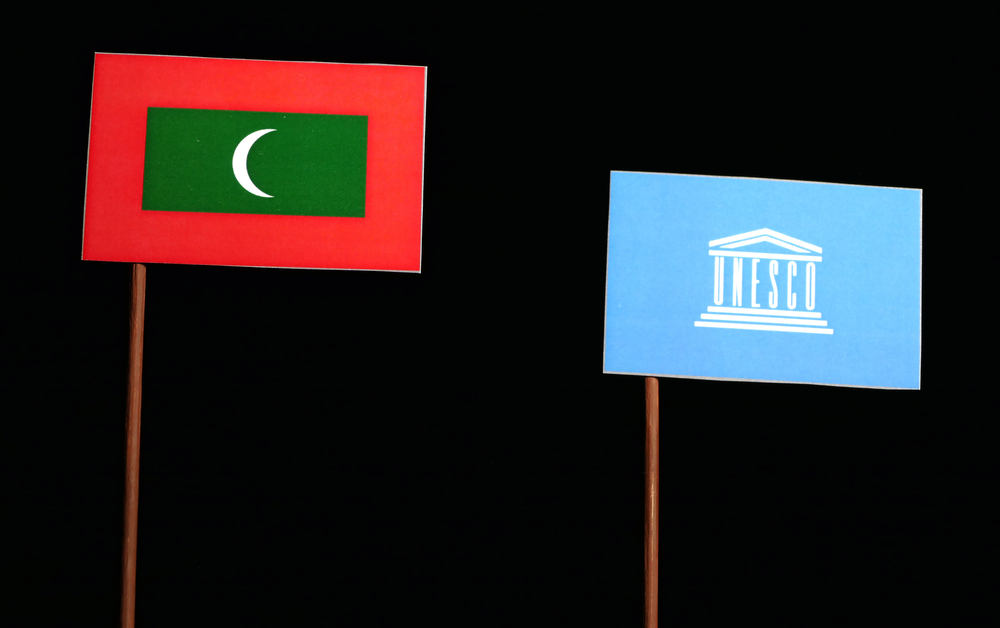The Importance Of The UNESCO Programme
The Maldives education system has seen various changes in its approach and curriculum. Influenced by the British, the country established English medium institutions for primary, middle and secondary levels.

However, the rapid changes in the Maldives education system garnered a lot of attention worldwide. These reformations occurred when several different countries supported the Maldives.
Moreover, international organizations strived to fund and improve Maldives' educational institutions increasingly. One such organization that has played an integral part to transform the country's education system is UNESCO.
An Overview About UNESCO
UNESCO is part of a specialized agency of the UN or the United Nations. The main aim of UNESCO is to promote security and peace with the help of international cooperation. The agency focuses on fields such as education, culture and the sciences.
Established in 1945, UNESCO initially rebuilt necessary structures such as libraries and museums destroyed during WWII in Europe. Today, it sponsors international programs and works to improve the cultural and educational development of impoverished regions worldwide.
UNESCO's education sector encourages education to improve the economic and social development of the country. It aims to expand early education, increase adult literacy and provide free education to all children.
The agency promotes several programs in different countries to help tackle the problems of educational schooling systems.
UNESCO And The Education System Of Maldives
Maldives became a member of the UNSECO in 1980. The organization, along with similar other international bodies, has restructured and reformed the educational model in the Maldives. Today, Maldives has a literacy rate of approximately 96 percent.
During the educational reformation, the steady establishment of schools in Male and other atolls took place. But, there was a severe lack of professional teachers for students.
To tackle this grave issue, UNESCO has provided teacher education through the government of Germany. This assistance has ensured the development of the Institute for Teacher Education. Moreover, the Government of Australia has assisted and supported educational development in teaching faculty and the curriculum.
UNESCO Programs In The Maldives
The UNESCO MGIEP (Mahatma Gandhi Institute of Education for Peace) has collaborated with the Maldives to train approximately 1,000 K-12 master trainers. This collaboration aims to help trainers become proficient in digital strategies. Moreover, this training will help teachers practice these skills and build students' engaging online learning experience.
Today, the education systems face several challenges due to Covid 19. This digital teaching course by UNESCO is highly crucial to resume schooling in the 'new normal' society.
Residents of several islands and atolls reside far away from the capital city of Male, where different educational institutions are primarily situated. This vast distance makes travel immensely expensive, as well as students miss out on quality education.
UNESCO has strived to implement ICT expansion in the Maldives, especially in the education sector. Due to this expansion, students can reduce their distance virtually and seamlessly take advantage of the educational services.
ICT in education is also a need of the hour for teachers, particularly in training and encouraging them to use ICT services. The ICT expansion will further help in reforming the curriculum and quality of education in the Maldives.
Aside from these recent programs, UNESCO has continually emphasized the following factors in the education system of Maldives:
- Transforming technical and vocational education and training
- Curriculum development
- Gender equality and education for all
- Secondary education reform
- Quality education for all